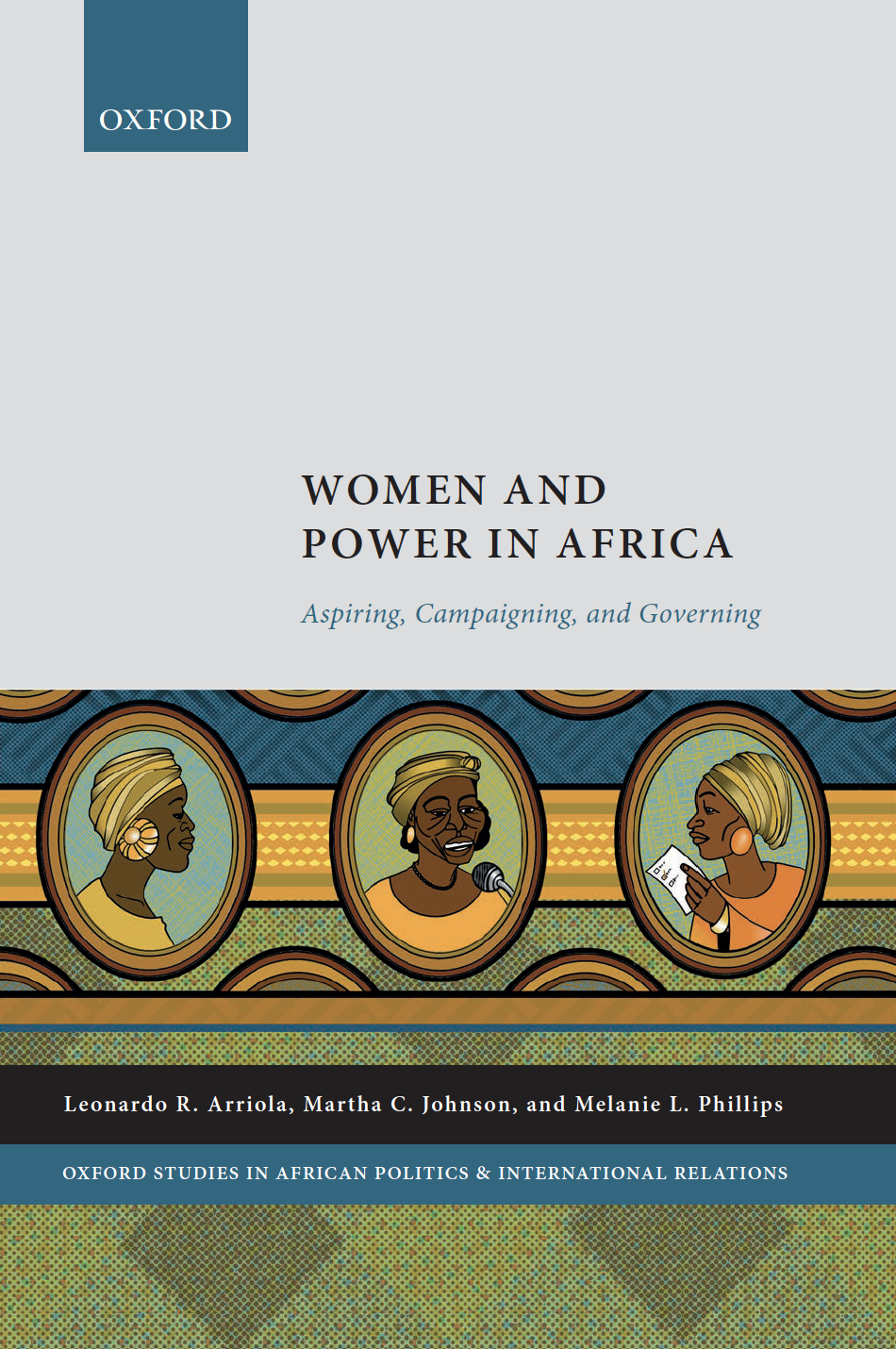|
This edited volume examines women’s experiences in African politics as aspirants to public office, as candidates in election campaigns, and as elected representatives. The book’s chapters problematize existing hypotheses regarding women in political power, drawing on understudied countries and a variety of empirical methods. By following political pathways from entry to governance, the book uncovers how gendered experiences early in the political process shape what is possible for women once they attain political power. Part I evaluates women’s efforts to become party candidates in Benin, Ghana, Malawi, and Zambia. The chapters draw on a variety of methods, including extensive interviews with women candidates, to describe and assess the barriers confronted when women enter politics. Part II turns to women’s experiences as candidates during elections in Kenya and Ghana. One chapter shows how gendered ethnicity affects candidacy in Kenya, and another chapter examines the media’s coverage of women candidates in Ghana. Part III studies women as legislators in Namibia, Uganda, and Burkina Faso, challenging the assumption that a critical mass of women is necessary or sufficient to achieve substantive representation. |
